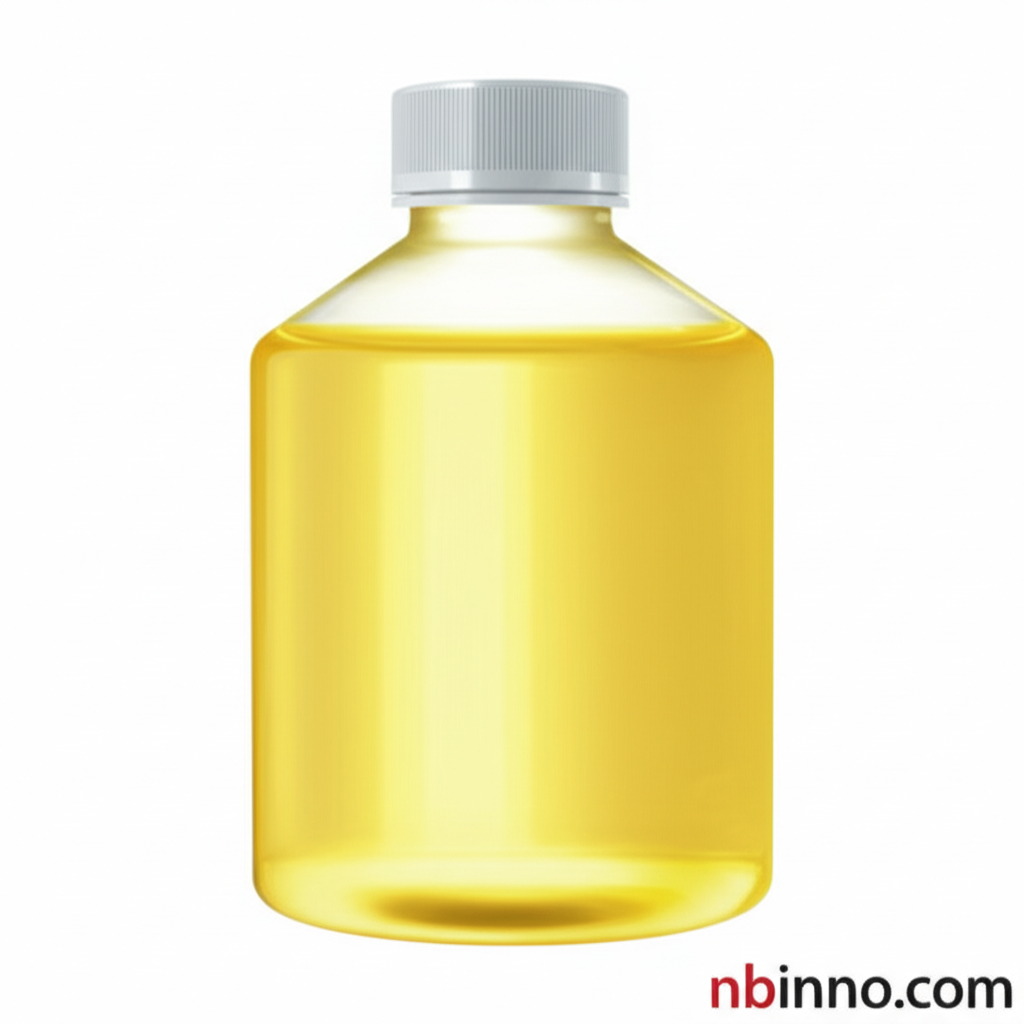Trifluoromethanesulfonic Acid: The Superacid Powerhouse
Unveiling the extreme acidity and diverse applications of a vital industrial chemical.
Get a Quote & SampleProduct Core Value

Trifluoromethanesulfonic Acid
As one of the strongest organic acids, Trifluoromethanesulfonic Acid (also known as Triflic Acid) stands out for its exceptional properties, making it indispensable in various chemical processes. Its remarkable acidity and stability enable it to function effectively where other acids falter.
- Explore the synthesis of trifluoromethanesulfonic acid, a critical process for producing this potent superacid.
- Discover the diverse triflic acid applications in organic chemistry, including its role as a catalyst for esterification.
- Understand the importance of triflic acid safety precautions due to its corrosive nature and high reactivity.
- Learn about triflic acid's use as a deglycosylation agent in biochemical research and its application in triflic acid Friedel-Crafts reactions.
Advantages of Triflic Acid
Unparalleled Acidity
Possessing one of the lowest pKa values, triflic acid acts as a superacid, driving reactions that require extreme protonation, unlike weaker acids such as sulfuric acid.
Exceptional Stability
Its high thermal and chemical stability, resisting oxidation and reduction, ensures reliable performance in demanding chemical environments, making triflic acid a preferred choice.
Versatile Reactivity
Triflic acid is a powerful catalyst for esterification and participates in various Friedel-Crafts-like reactions, significantly impacting the pharmaceutical and chemical industries.
Key Applications
Catalysis in Organic Synthesis
Triflic acid serves as a highly effective catalyst for esterification, acylation, and various Friedel-Crafts reactions, crucial for synthesizing complex organic molecules.
Pharmaceutical Manufacturing
Its strong acidic properties are utilized in the synthesis of numerous pharmaceutical compounds, including nucleosides and antibiotics, highlighting its importance in the pharmaceutical sector.
Chemical Industry Processes
Beyond pharmaceuticals, triflic acid finds use in polymerization, isomerizations, and other industrial processes requiring a robust and stable acid catalyst.
Biochemical Research
The ability of triflic acid to act as a deglycosylation agent makes it valuable in biochemical studies, particularly for modifying glycoproteins while preserving protein integrity.
